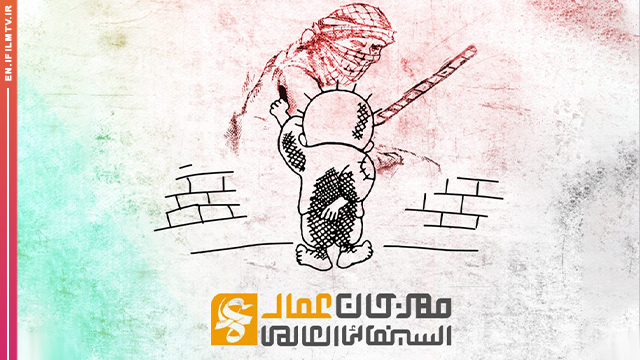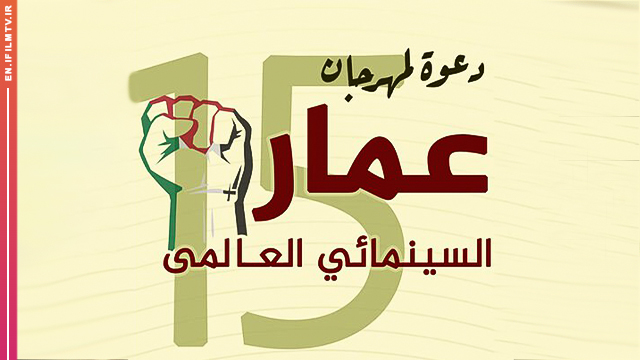Live
فارسی
عربي
ورود از طریق شبکه های اجتماعی
- استفاده مختص کاربران دارای هویت واقعی محرز شده نزد این پایگاه میباشد.
- این سایت در ستاد ساماندهی و بخش جرائم رایانهای دادگستری به ثبت رسیده است.
- گزارش تخلفات احتمالی این سامانه توسط کاربران الزامی می باشد
- کاربران باید طبق قوانین این سامانه که برگرفته از قوانین جرائم رایانه ای می باشد فعالیت کنند
- نام کاربری شما تکراری می باشد


 The Ammar Popular Film Festival is known for its focus on grassroots and resistance-driven narratives, with particular attention to films that challenge colonialism and imperialism. The festival has grown in prominence in recent years, drawing submissions from filmmakers worldwide, especially from countries grappling with social and political struggles.
The Ammar Popular Film Festival is known for its focus on grassroots and resistance-driven narratives, with particular attention to films that challenge colonialism and imperialism. The festival has grown in prominence in recent years, drawing submissions from filmmakers worldwide, especially from countries grappling with social and political struggles.









